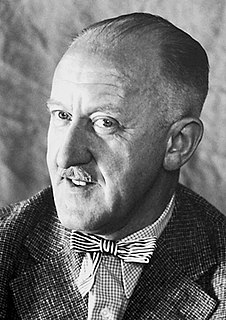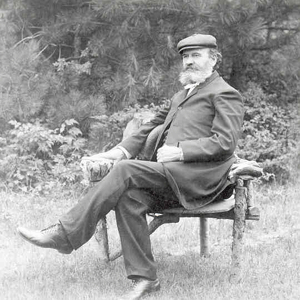A Quote by Gautama Buddha
If one man kills a hundred men, and another man masters himself, the second man is the much greater warrior.
Related Quotes
Not only is suicide a sin, it is the sin. It is the ultimate and absolute evil, the refusal to take an interest in existence; the refusal to take the oath of loyalty to life. The man who kills a man, kills a man. The man who kills himself, kills all men. As far as he is concerned he wipes out the world.
Nature hath made men so equal in the faculties of body and mind, as that though there be found one man sometimes manifestly stronger in body, or of quicker mind than another, yet when all is reckoned together, the difference between man and man is not so considerable as that one man can thereupon claim to himself any benefit to which another may not pretend as well as he.
Mastership hath many shifts whereby it striveth to keep itself alive in the world. And now hear a marvel: whereas thou sayest these two times that out of one man ye may get but one man's work, in days to come one man shall do the work of a hundred men - yea, of a thousand or more: and this is the shift of mastership that shall make many masters and many rich men.
If we apply the term revolution to what happened in North America between 1776 and 1829, it has a special meaning. Normally, the word describes the process by which man transforms himself from one kind of man, living in one kind of society, with one way of looking at the world, into another kind of man, another society, another conception of life.... The American case is different: it is not a question of the Old Man transforming himself into the New, but of the New Man becoming alive to the fact that he is new, that he has been transformed already without his having realized it.
A man is not merely a man but a man among men, in a world of men. Being good at being a man has more to do with a man’s ability to succeed with men and within groups of men than it does with a man’s relationship to any woman or any group of women. When someone tells a man to be a man, they are telling him to be more like other men, more like the majority of men, and ideally more like the men who other men hold in high regard.
The great advantages of simulation and dissimulation are three. First to lay asleep opposition and to surprise. For where a man's intentions are published, it is an alarum to call up all that are against them. The second is to reserve a man's self a fair retreat: for if a man engage himself, by a manifest declaration, he must go through, or take a fall. The third is, the better to discover the mind of another. For to him that opens himself, men will hardly show themselves adverse; but will fair let him go on, and turn their freedom of speech to freedom of thought.































